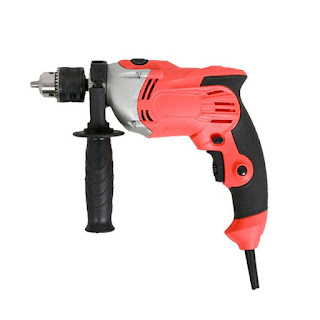What is brass wire mesh and what are the uses
As an excellent copper metal material, it generally has strong utilization value and can be processed into a variety of common products. Among them, the better materials are concentrated in three categories: brass wire mesh, red copper wire mesh, and phosphor copper wire mesh. . The shape has a mesh shape, and the density and use characteristics have a certain degree of toughness. It is these high-quality toxic substances that bring greater convenience to the needs of our copper wire mesh in various industries. For what is brass wire mesh, and the use of brass wire mesh, etc., I will give you a key introduction here.
1. What is brass wire mesh
First of all, while initially understanding the material, you should also specifically understand what is brass wire mesh, which is composed of 65 brass (about 65% copper and 35% zinc); 80 brass (about copper 80%, zinc 20%) and other substances are processed and mixed into an excellent material. Brass wire mesh has gradually formed a stable and durable product material through plain weaving and twill weaving. It has certain characteristics such as filtration, separation and material use. It is believed that the use of this material is also more productive.
2. Use of brass wire mesh
This product is similar to the common copper wire mesh, and has a relatively important production and use value. It is generally used for screening various particles, powders, porcelain clay, glass, porcelain printing, filtering liquid and gas; at the same time, the mesh diameter is 3 mesh/inch-200 mesh/inch, which can be used as the best separation device for printing. For the production of various products, etc., in the future market, brass wire mesh will also have a more important use value.
In general, high-quality brass wire mesh has certain advantages in terms of overall performance characteristics. At the same time, the new multi-angle material can replace the traditional wire mesh in the process of full utilization, and its use value is also more valuable. expressiveness. Learn and focus on the latest brass wire mesh properties to help solve our copper wire mesh needs.
The difference between brass mesh and copper mesh
1. Surface color: the brass mesh is yellow, and the copper mesh is light red.
2. Copper content: The copper content of brass mesh is 65%, zinc 35%, and the copper content of copper mesh is 99.97%. The copper mesh is basically close to pure copper.
Three Weaving methods: According to different uses, brass mesh mainly has plain weave, twill weave, Zhu Li weave, and copper mesh is mainly plain weave.
4. Number of meshes: The mesh number of copper mesh refers to the number of mesh holes in a row in one inch (25.4mm).
Five Uses: Brass mesh is non-magnetic for air-conditioning filtration gas, oil field filtration liquid, electromagnetic wave radiation shielding in computer room, anti-static on construction site. Main uses of red copper mesh 1: Electromagnetic shielding or electromagnetic radiation protection that needs light transmission; such as instrument meter display window shielding 2: Electromagnetic shielding or electromagnetic radiation protection that needs ventilation; such as chassis, cabinets, ventilation windows, etc. 3: Electromagnetic shielding or electromagnetic wave radiation on walls, floors, ceilings, etc.; such as laboratories, computer rooms, strong and weak current rooms, radar stations. 4: Wire and cable, anti-electromagnetic interference, play a protective role of electromagnetic shielding.
Six characteristics: Brass wire mesh has proper tensile and extensibility, the smaller the mesh, the larger the mesh, the better the water filtration performance. Corrosive, wear-resistant.
Yuda Wire Mes supplies Welded Wire Mesh Panels, Expanded Metal Fencing, Galvanized Welded Wire Mesh. If you have interested in our products, please feel free to contact us.


评论
发表评论